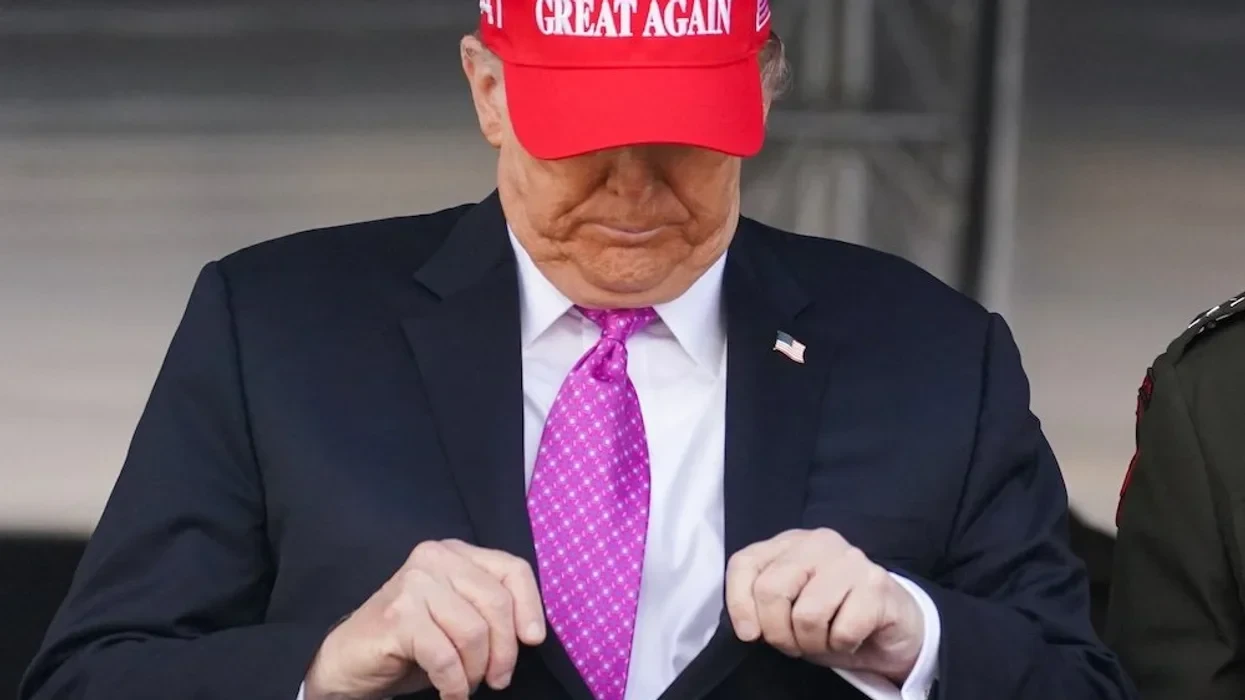
A Critical Assessment of Trump's Foreign Policy Approach
Stephen Wertheim, a senior fellow in the American Statecraft Program at the Carnegie Endowment for International Peace, has offered a detailed critique of former President Donald Trump’s approach to foreign policy. According to Wertheim, despite Trump's frequent rhetoric about "putting America first," his actions have not reflected a coherent or effective strategy. The lack of progress on key global issues, such as the ongoing conflicts in Ukraine and Gaza, as well as the failure to secure a diplomatic resolution with Iran, underscores this point.
Wertheim highlights that Trump's foreign policy efforts have been marked by inconsistency and a lack of clear direction. He notes that Trump's military strike on Iran exemplifies these challenges, describing it as a rushed and poorly executed attempt at negotiation that ultimately led to increased tensions and the potential for further conflict.
Military Presence and Geopolitical Challenges
Another significant concern raised by Wertheim is the United States' continued military presence in various regions around the world. This includes areas in Europe, Asia, and the Middle East, where the U.S. has stationed its forces for years. However, this presence has not translated into stability or peace. Instead, it has often resulted in the U.S. becoming entangled in distant conflicts, which are then managed at the discretion of its adversaries.
Wertheim argues that if Trump truly intends to reduce the country's defense burdens, he must consider withdrawing from these strategic positions. This would involve shifting the responsibility of defending Europe to its allies, who are increasingly capable of handling their own security needs. However, there has been a lack of clarity from the Trump administration regarding how this transition should occur.
The Complexity of Asian Relations
In addition to these issues, Wertheim points out that Trump's approach to Asia has been particularly problematic. The U.S. has traditionally maintained a delicate balance between cooperation and competition with China. However, Trump's broad-based tariffs on multiple countries, including Japan, South Korea, and Vietnam, have undermined this balance. These measures have not only damaged U.S. relations with its Asian partners but also inadvertently enhanced China's image as a more reliable and stable partner.
A Lack of Clear Strategic Vision
At the core of Trump's foreign policy, according to Wertheim, is a notable absence of a clear strategic vision. While Trump has consistently emphasized the importance of American interests, he has failed to articulate what those interests truly are. His focus has often shifted between different priorities, such as trade and immigration, without a consistent framework for addressing broader geostrategic concerns.
This lack of clarity has left the U.S. in a position where it is not effectively defending its interests or shaping the international order. Without a defined set of priorities, the U.S. risks being reactive rather than proactive in its foreign policy decisions.
Conclusion
Wertheim's analysis presents a comprehensive view of the challenges facing U.S. foreign policy under Trump's leadership. From the failure to achieve meaningful peace in key regions to the lack of a coherent strategy for managing global alliances and responsibilities, the critique highlights the need for a more thoughtful and structured approach to international engagement. As the U.S. continues to navigate an increasingly complex geopolitical landscape, the importance of clear strategic direction cannot be overstated.
